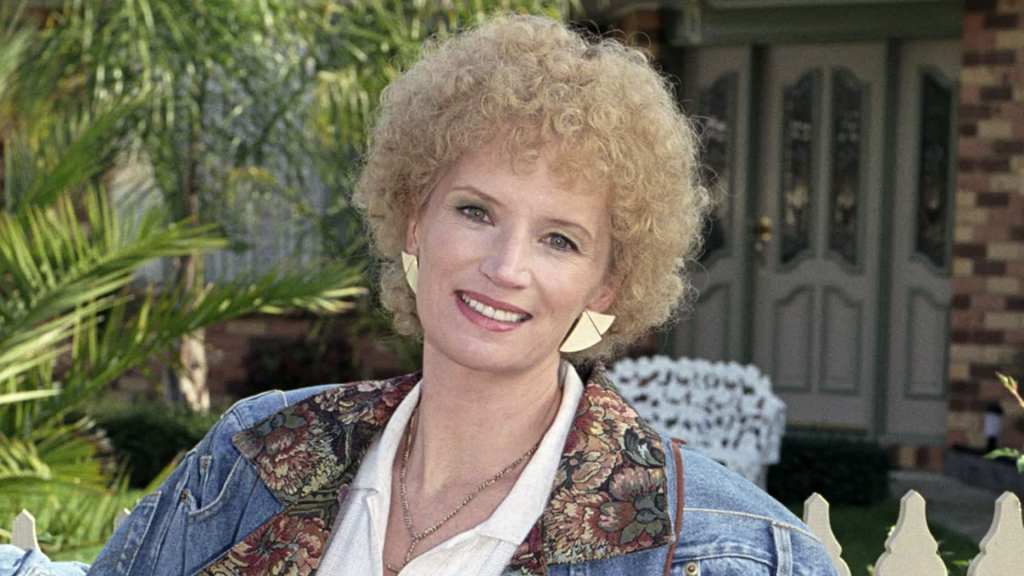With the coronavirus pandemic driving uncertainty, more and more people are turning to social media for a reprieve.
Whether it’s to check in on friends and family or to get the latest information on COVID-19, others are just simply there for the meme — something to lighten the mood.
While there are a lot going around at the moment, we thought we’d round up some of our favourites that are helping us through this tough time.
Of course, we know a meme is not an actual coping mechanism (although maybe for some it is?!) and we are not trying to make light of a serious situation. But occasionally, you gotta just smile. Even if it is during a global crisis.
— We’ve learnt how to wash our hands properly to our favourite songs:
— We’ve laughed at people fighting over TP:
— Our kids turned into our co-workers:
— We all turned into Kath Day-Knight:
— We created a new phrase:
— Neil Diamond got in on it:
https://twitter.com/NeilDiamond/status/1241584423927074818
So, why do we use humour at a time like these?
We asked Natasja Wagner, a clinical psychotherapist, why the use of jokes and memes can help during a time of crisis.
“Humour is a character strength that can contribute to our overall life satisfaction and resilience,” Wagner said in an interview with TheLatch—.
“Research also indicates humour is a positive character strength that may also be a predictor of better recovery when it comes to treating trauma, depression or negative attitudes.”
And according to Wagner, there are generally two types of that “supportive humour”.
Affiliation Humour
Affiliation humour enhances our social connections and reduces conflict.
“This is the humour we engage in that is warm, witty, focuses on non-hostile jokes and seeks to amuse or entertain others in a respectful and non-hostile way,” she said.
Self-Enhancing Humour
Self-enhancing humour is our ability to take and maintain a humorous perspective.
“We use this type of humour as a coping strategy to buffer us against stress and boost our self-esteem, without hurting others in the process.”
So, while we may be dealing with an unprecedented event and high levels of stress and anxiety, it’s very natural to just, well, have a laugh.
Natajsa Wagner is a clinical psychotherapist based in Brisbane, QLD. She combines Gestalt Psychotherapy, self-awareness and neuroscience to focus on creating positive, sustainable change & transformation, working with individuals, couples, and groups. You can find out more here.

